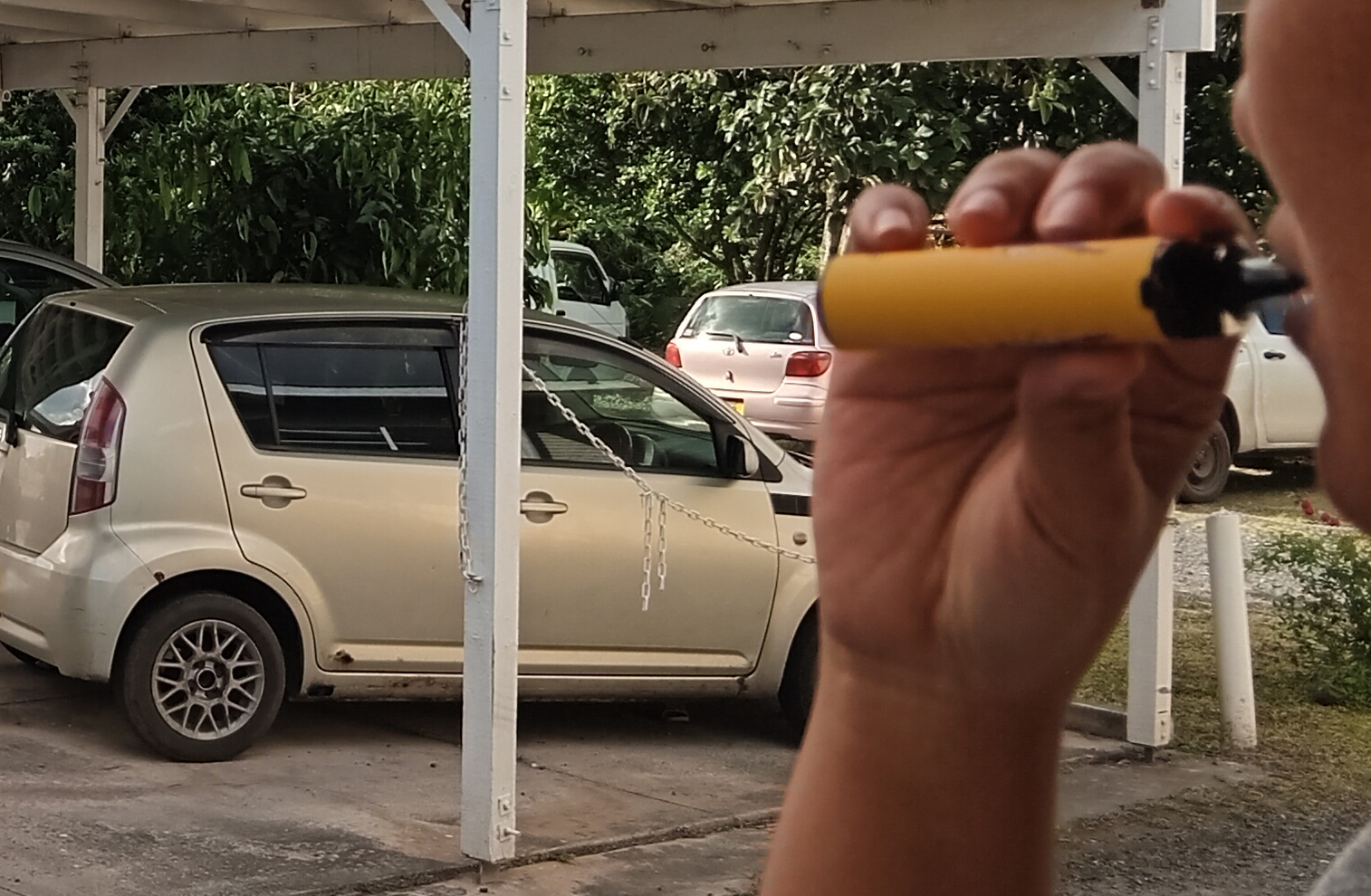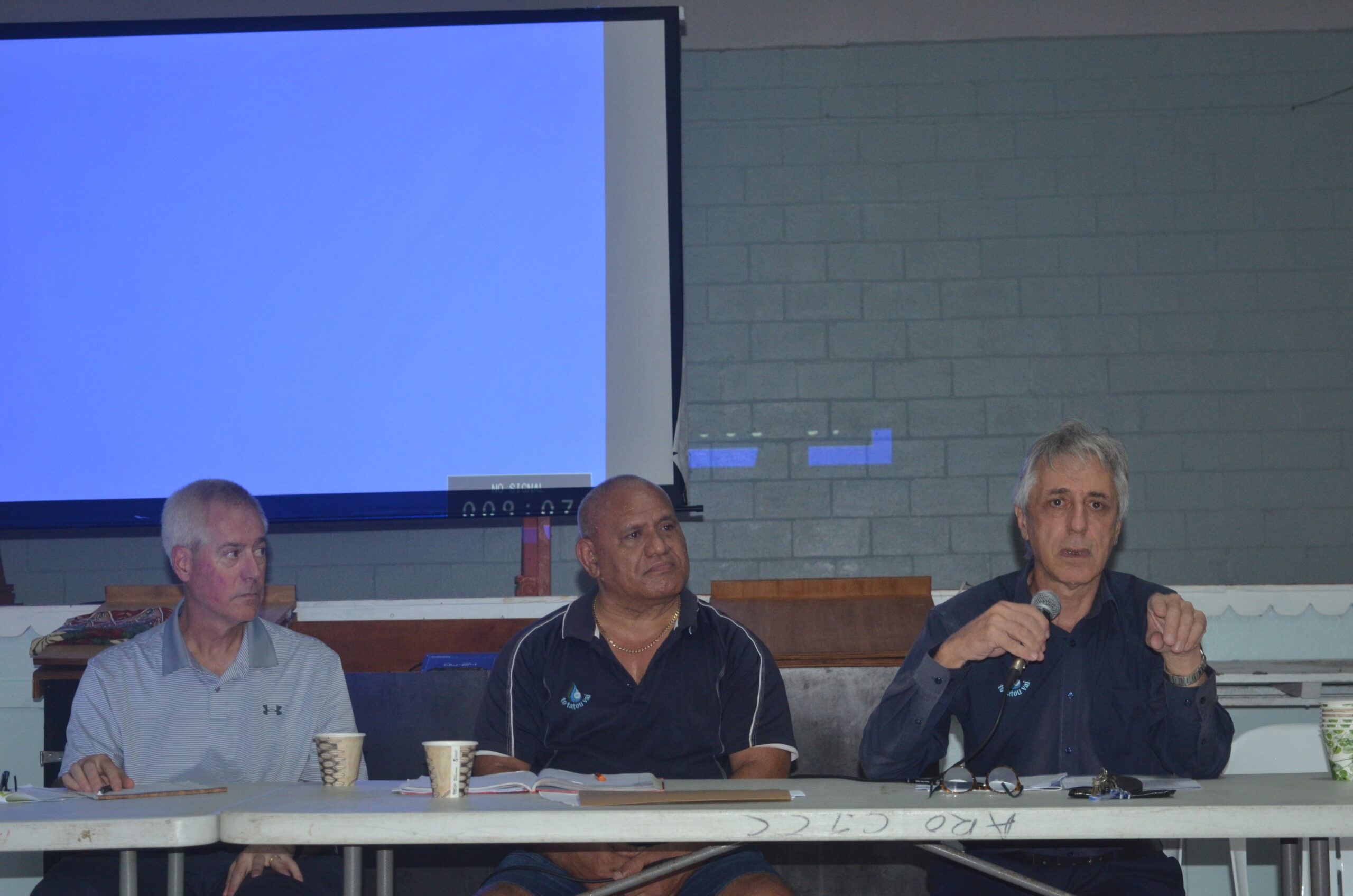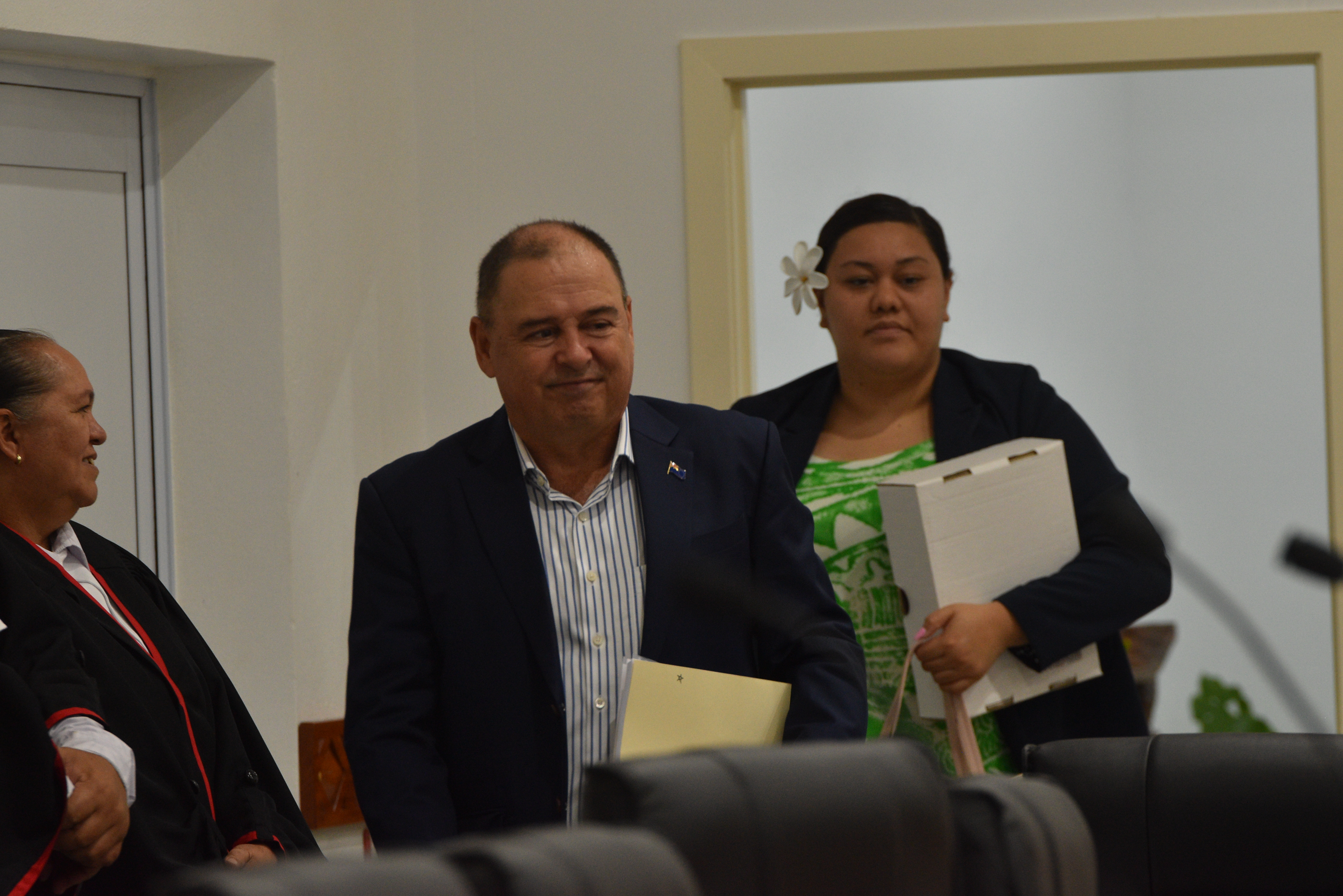TOWNSVILLE – The United Nations World Heritage Committee (WHC) could list the Great Barrier Reef as “in danger”, according to analysis from Australian and US environmental lawyers.
The report has found the Great Barrier Reef met five of eight criteria required by UN conservation agency Unesco for inclusion on the World Heritage in Danger list.
The findings contradict a draft Unesco decision – released two weeks ago – which flagged concerns about the very poor condition of the reef but did not recommend it be listed as “in danger”.
While the May draft decision praised the commitments toward restoring water quality and restricting major port development, it noted the WHC should review any lack of progress in 2017.
Lawyers from Environmental Justice Australia and Earthjustice in the United States weighed the same evidence that was in front of the WHC against the organisation’s criteria for an “in danger” listing and came up with a very different conclusion.
“Our analysis finds that the Great Barrier Reef meets five of these eight criteria for inscription on the list of World Heritage in Danger, when only one is required for listing,” Ariane Wilkinson, a lawyer at Environmental Justice Australia, said.
The lawyers’ report highlights a range of concerns, including:
- Serious declines in the health of coral and harm to seagrass meadows, which have been reduced to “small remnant patches”.
- Risks to the dugong population with declines of 95 per cent in the central and southern parts of the reef.
- Serious declines in two dolphin species, the Australian snub fin and Indo-Pacific humpback, considered at risk.
- Development of industrial ports at Gladstone, Abbot Point and Hay Point — all major coal-exporting hubs.
- The effects of run-off from land-based activities that threaten the water quality and integrity of the reef.
One issue of particular concern to the lawyers is whether the reef’s management plan is sufficient.
The Unesco decision relies upon the Reef 2050 Long Term Sustainability Plan to halt the current decline of the reef.
In its draft decision, Unesco welcomed the Reef 2050 plan.
“The establishment of such a plan through a multi-stakeholder process at the scale of the property is in itself a major technical and policy achievement,” it said.
But it made clear that there needed to now be action – and results.
“Sustained, adequate financing is central to the plan’s performance,” the decision said.
The lawyers say the 2050 plan inadequate.
“Respected reef scientists and The Australian Academy of Science have expressed concerns about the inadequacy of the Reef 2050 plan, noting that in its current form it won’t overcome the trajectory of deterioration of the reef,” Wilkinson said.
“The committee’s draft decision isn’t enough to save the reef and the 2050 Reef Plan, which Unesco is relying on to make its decision, is inadequate in responding to those threats.”
The WHC will finalise its decision at a meeting in Germany this month.
Last month, Australia’s Environment Minister Greg Hunt described the draft decision not to recommend the reef be declared in danger was an “overwhelming endorsement” of the work by the federal and Queensland governments to address concerns and protect the reef.
The Federal Government has committed $140 million to the Reef Trust, which will invest in projects to improve water quality and coastal habitat as well as tackle the crown-of-thorns starfish.
It has also spent hundreds of thousands of dollars lobbying the 21 WHC nations and foreign journalists.
The Queensland Government also pledged $100 million over five years to be spent on projects to improve the reef.
“The world has recognised that Australia has made huge steps in the last 12 months,” Hunt said last month.
“There is more to be done, but this is a good result for the reef; it’s a good result for Australia.”
Earthjustice attorney Martin Wagner disputes that assessment.
“If the World Heritage Committee system is to have any value, it must address the most serious threats to the most iconic examples of world heritage,” he said.
“The World Heritage Committee should step up to ensure that this unique and threatened part of humanity’s world heritage is not lost forever.”
On Wednesday, the Queensland Auditor-General released a report questioning the State Government’s claim that water quality on the Great Barrier Reef was improving, describing it as “misleading at worst”.













































